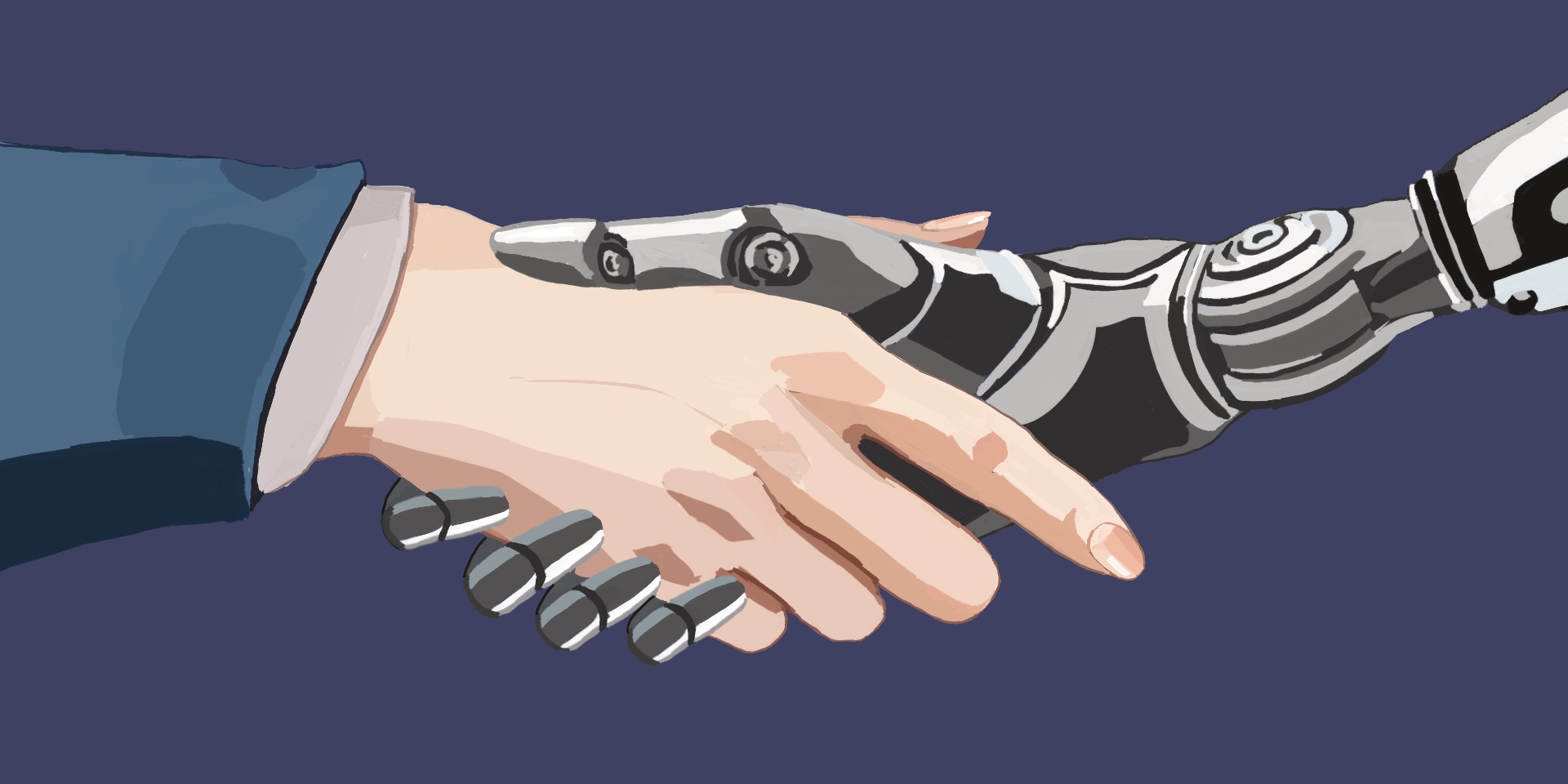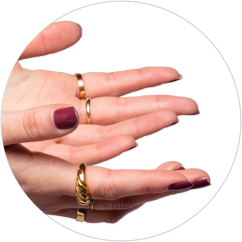Can influencers get us vaxxed?

First published in MarketerHire.
Influencer campaigns have done a lot. But can they make COVID-19 vaccines cool? We walked through the pros and cons of the White House’s new “influencer army” with an expert in the field.
In July, only about 42% of Americans aged 18-24 had been fully vaccinated — making them one of the country’s most hesitant vaccine-eligible populations.
The White House and assorted state governments hope an “influencer army” can change that.
They’ve tapped people from musician Olivia Rodrigo to TikToker Benny Drama to promote COVID-19 vaccines to the youth.
But, are influencers influential enough to sway people on a polarized medical issue?
Creative director Isaac Simpson, who has led influencer campaigns for NVE and Influential, says the outlook is… mixed.
CON: Influencers can’t say that the vaccine is safe.
Vaccine hesitancy is often rooted in safety concerns, but legally, “you can’t say something is safe if… there are people who [might] be harmed by it,” Simpson said.
The FTC requires proof, and universal safety is hard to prove for anything medical — even over-the-counter meds like low-dose aspirin, which is “not appropriate for everyone.”
PRO: Most young people trust influencers.
According to a Morning Consult report, 52% of Gen Z and 50% of Millennials trust influencers’ advice.
That trust extends to political issues: In 2020, “there were a bunch of voting influencers,” Simpson noted, “and you saw that work really well.
At least 52% of eligible voters age 18-29 cast a ballot — up from 42% in 2016, according to a Tufts estimate.
CON: Comedy won’t always persuade.
Take Benny Drama, a TikTok influencer with 900K+ followers: He recently posted a TikTok Simpson viewed as “obviously tone deaf.”
Captioned “Head to vaccines.gov for more information! WE DID IT, JOE! #vaccinated #vaccinatedfor,” the clip has a comedic tone (and a cameo from Jen Psaki!) — but Simpson thinks its over-the-top style trivializes the issue.
“If you’re naturally opposed to vaccines, you’re going to think this is horrifying,” he said. “They’re stuck in a preaching to the choir situation here. “
PRO: Dr. Fauci is extending an olive branch to vaccine skeptics.
In March, for instance, Fauci filmed an Instagram Live with Eugenio Derbez, an A-list actor with 16.7M followers and questions about the coronavirus vaccines.
They chatted for 37 minutes, discussing the differences between emergency authorization and full approval from the FDA, what vaccine efficacy rates really mean, and more.
“The best approach for this is a super open dialogue with skeptics,” Simpson said. “Say ‘It’s your choice, but here are the reasons we think that this is good for you and for the country.’”
Our takeaway?
Enthusiastic vaccine endorsers may be “preaching to the choir,” but skeptical influencers sharing their platforms with vaccine experts could really make a difference.
Per usual, picking influencers who can reach the desired audience — not just a big audience — is key.










